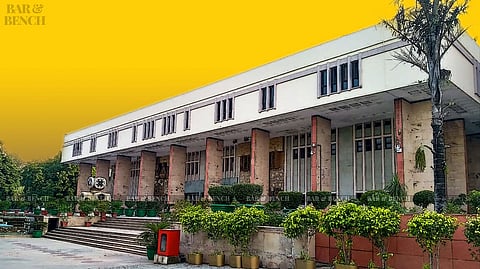
- Latest Legal News
- News
- Dealstreet
- Viewpoint
- Columns
- Interviews
- Law School
- Legal Jobs
- हिंदी
- ಕನ್ನಡ

The Delhi High Court recently observed that it cannot decide on the arbitrability of a dispute while exercising its limited jurisdiction under Section 11 (6) (appointment of an arbitrator) of the Arbitration and Conciliation Act, 1996 [Payu Payments Private Limited vs. The New India Assurance Co Ltd].